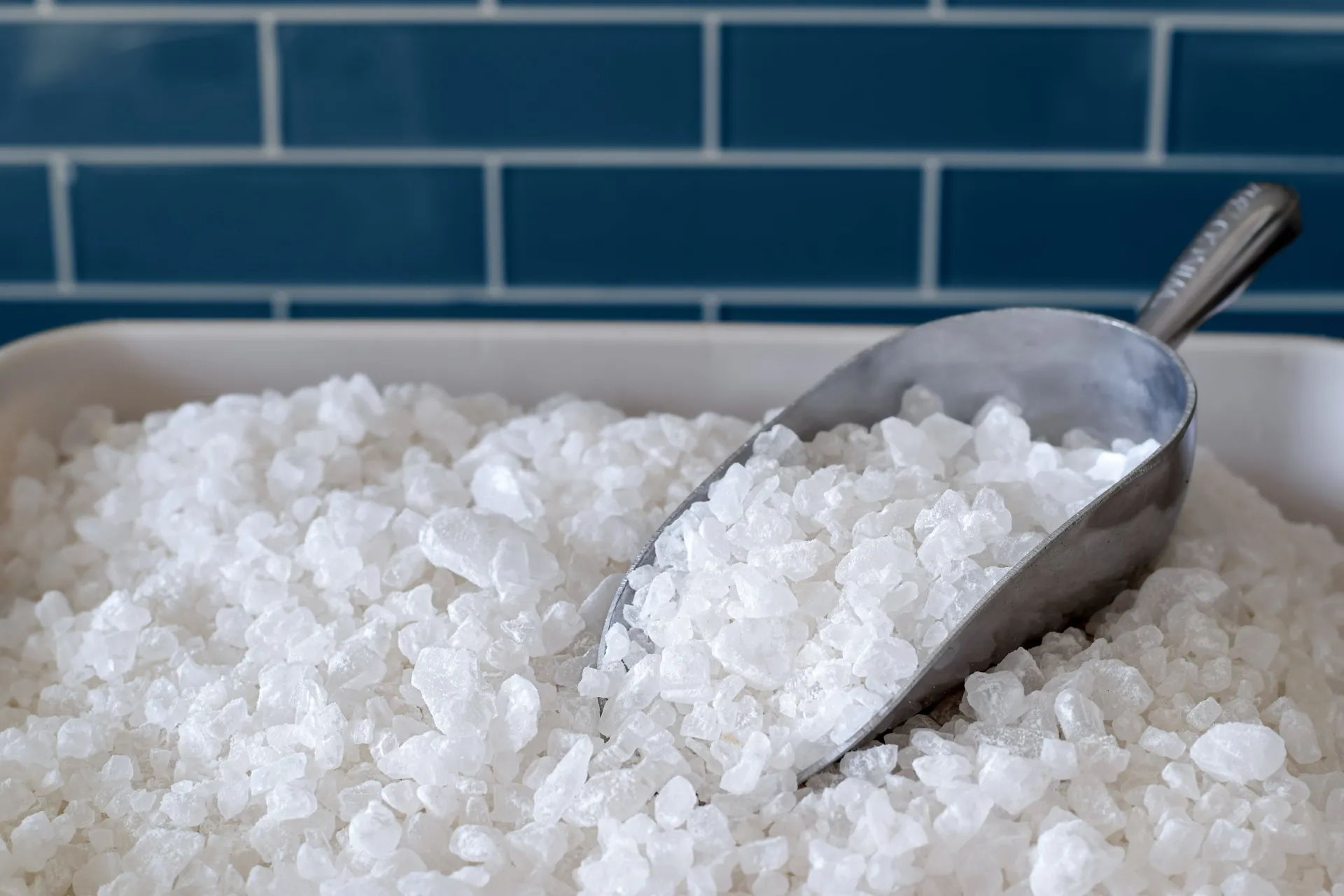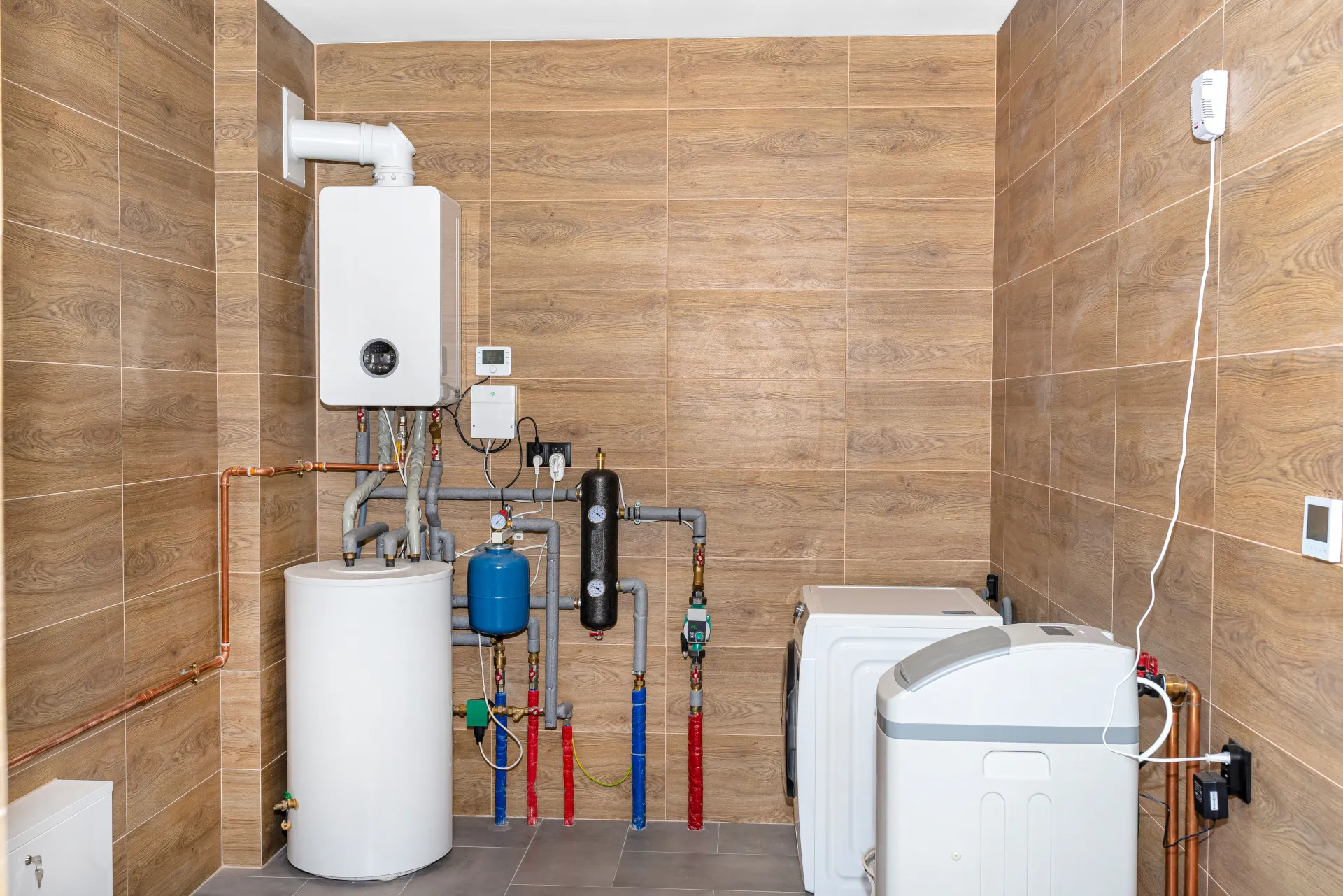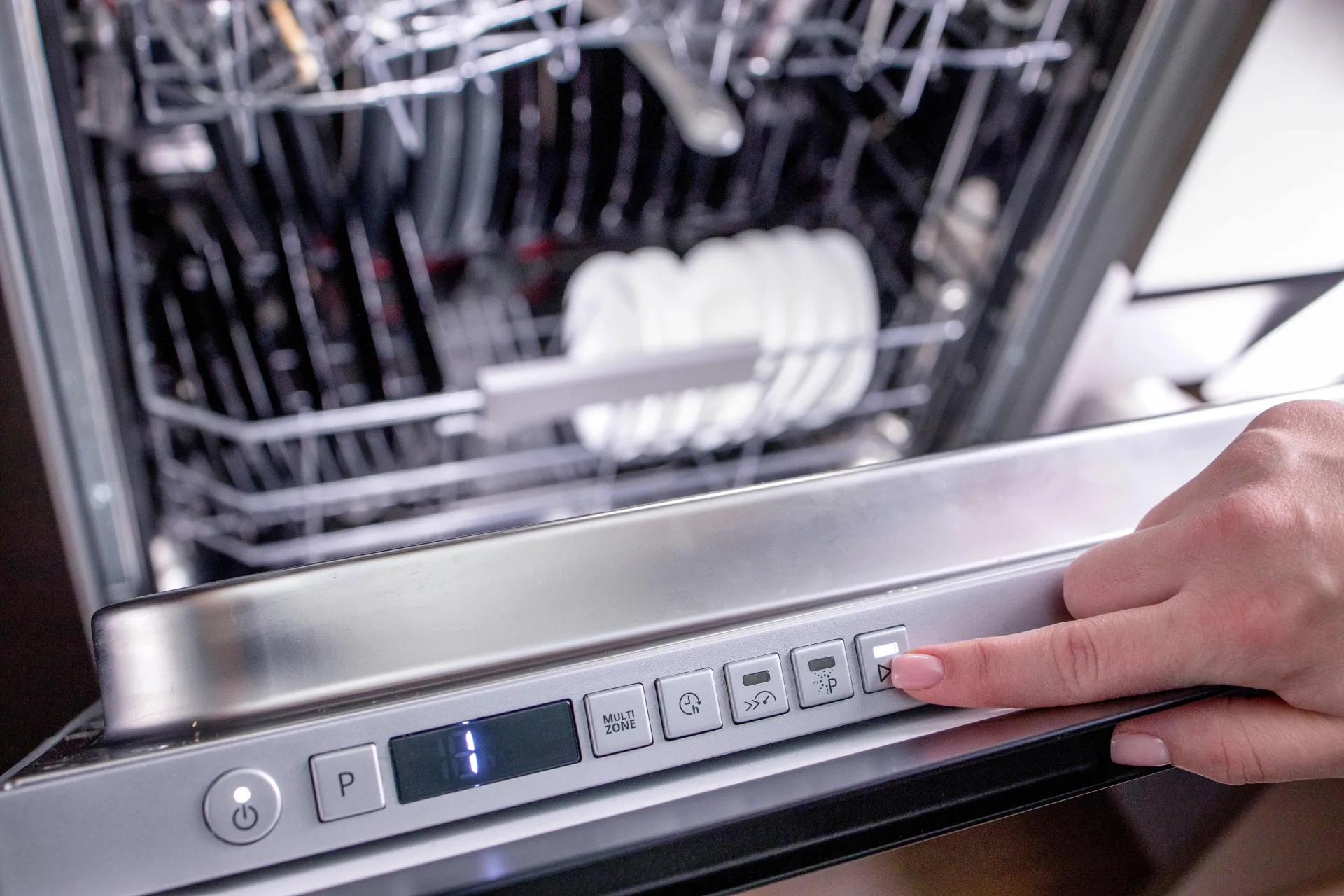Softened Water and Boilers
Are they a safe match or a risky combo? When it comes to maintaining your boiler, water quality plays a crucial role in its longevity and performance. But is using soft water a smart choice, or could it pose hidden risks to your boiler system?
Read further to learn more about softened water and boilers…
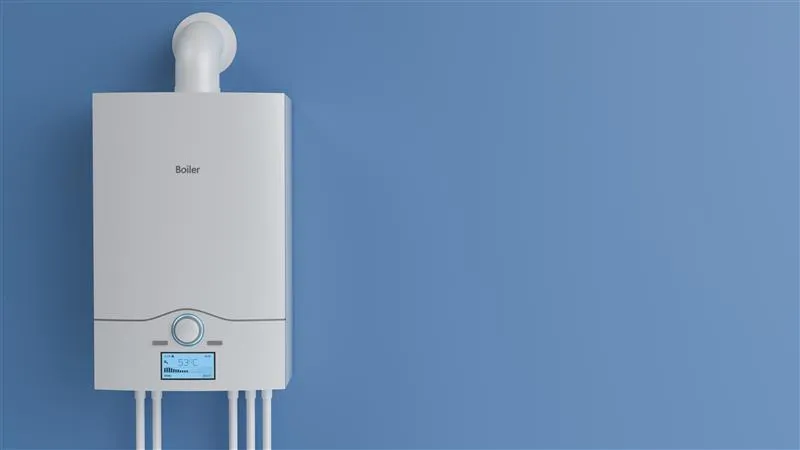
If you’ve recently installed a water softener for boiler protection, like the Culligan Harvey water softener, or are considering one, you might be wondering: will a water softener damage my boiler? It’s a common question with plenty of mixed advice out there. In this post, we’ll explain how soft water in boiler systems works, what manufacturers recommend, and what you need to know to keep your heating system running smoothly.
To help clarify things, the Heating and Hotwater Industry Council (HHIC) includes a helpful Q&A in its consumer guide on protecting your boiler and heating system. Here’s what it says about limescale, softened water, and boilers:
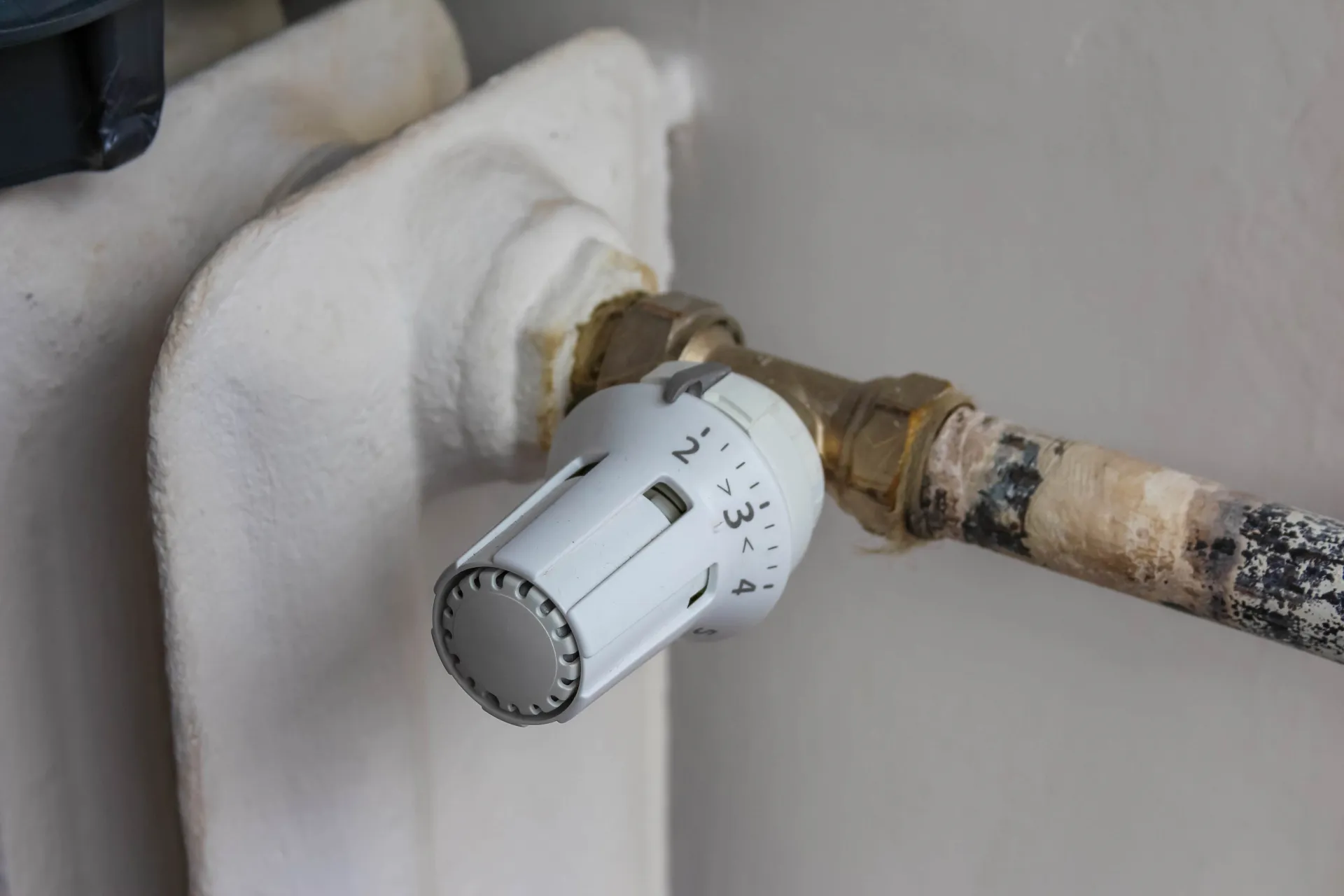
Why Consider a Boiler Water Softener?
Limescale buildup is a major concern for boilers, especially combi boilers that heat water directly from the mains. Hard water minerals like calcium and magnesium can cause scale deposits inside the heat exchanger, reducing efficiency and potentially leading to costly repairs.
A boiler water softener can help prevent this by treating the cold mains water supply before it enters your heating system, protecting your boiler from limescale damage and maintaining energy efficiency.
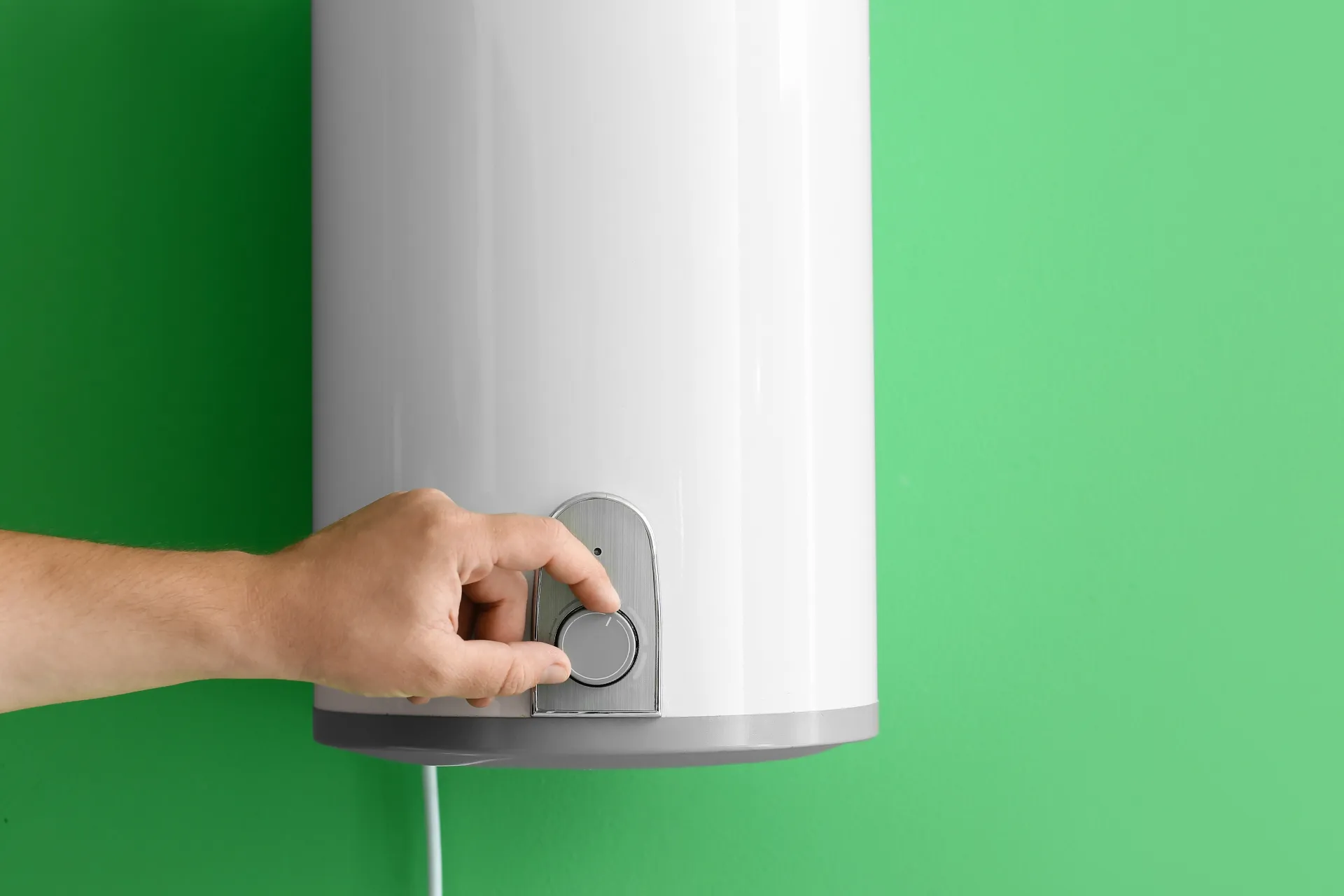
How Does a Water Softener Boiler System Work?
A water softener boiler system, like the Culligan Harvey softener, uses ion exchange technology to remove hardness minerals from the water before it reaches your boiler. This process helps keep your boiler’s internal components free from scale buildup, prolonging its lifespan.
However, it’s important to note that some boilers are not designed to use softened water in their primary heating circuit. If you’re unsure about your system, it’s best to avoid using softened water directly in the boiler.
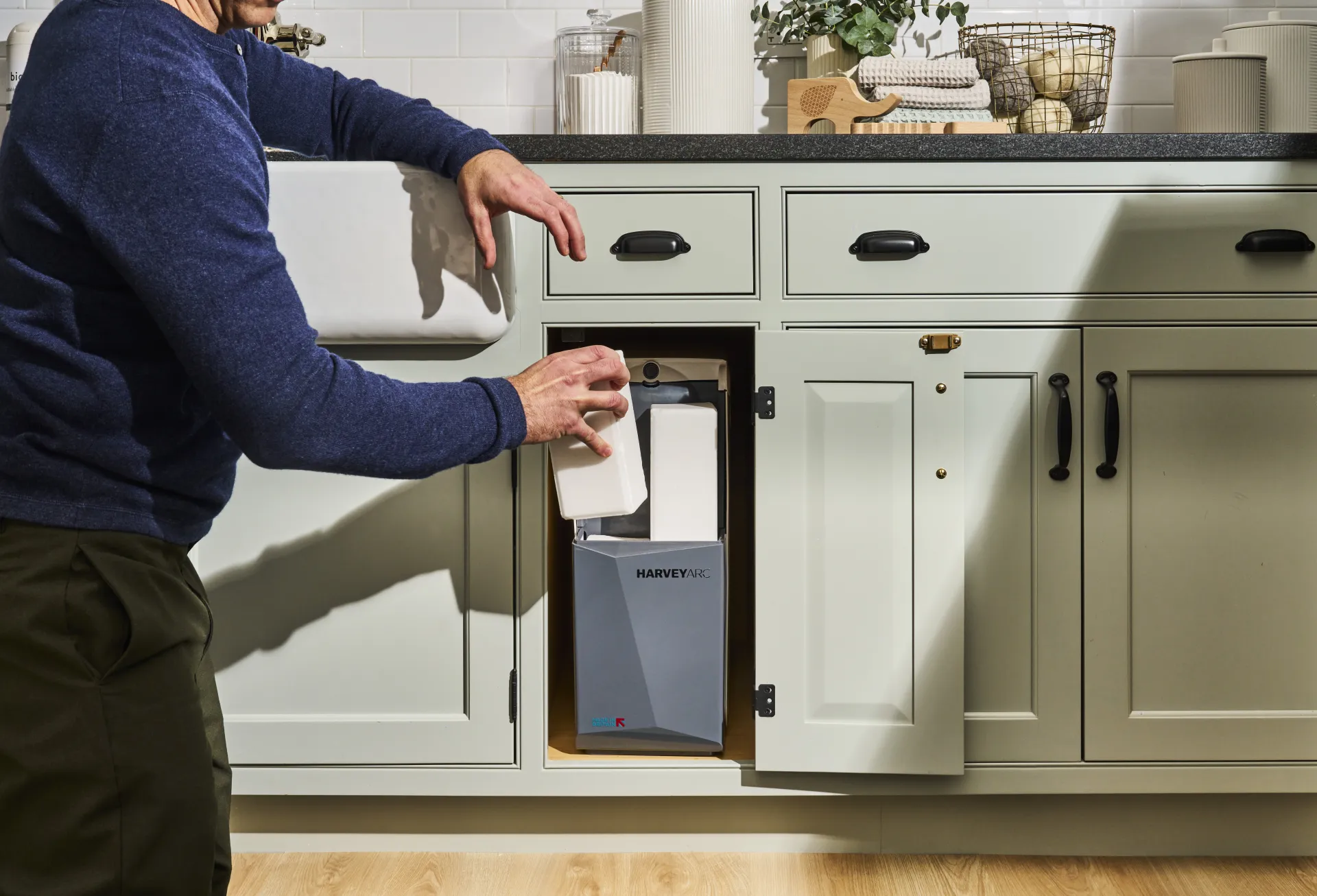
Will a Water Softener Damage My Boiler?
Many people ask, will a water softener damage my boiler? The answer depends on the type of boiler and how the water softener is integrated. Some boilers require the central heating system to be filled with unsoftened water to avoid corrosion or warranty issues.
To protect your boiler:
01
Use an unsoftened mains feed to fill the heating system by temporarily bypassing your water softener during system filling.
02
Alternatively, install a separate unsoftened supply line for your boiler’s filling loop or feed and expansion tank.
03
Always consult your boiler manufacturer’s guidelines before using softened water in your heating system.
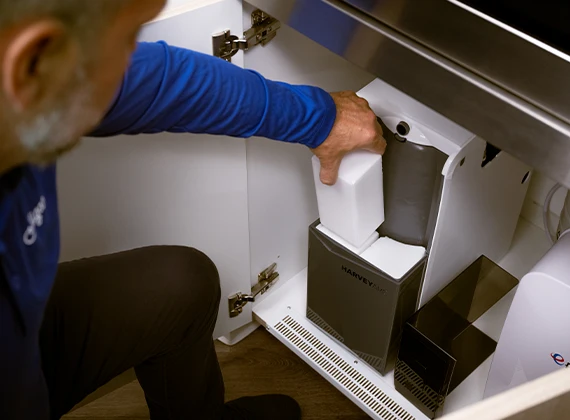
Benefits of Using Softened Water in Your Boiler
While softened water isn’t suitable for all boilers, when used correctly, it can significantly reduce limescale build-up, ensuring your boiler operates efficiently. Softened water in your boiler and home appliances helps lower maintenance costs and extends the overall lifespan of your heating system.
You can find all the details from HHIC here.
Our water softeners offer more than just protection for your boiler, they benefit your entire home. By preventing limescale build-up in taps, pipes, and appliances, softened water helps your plumbing run smoothly and extends the life of your household systems. Plus, many people find softened water tastes better and feels gentler on the skin.
If you want to enjoy these benefits and protect your home from the damaging effects of hard water, get in touch with us today to learn more about our water softening solutions.
How Hard Is Your Water?
Unfortunately we do not have data for your area but you could still benefit from a water softener.
Are these hard water issues familiar to you?
Get in touch with our experts
Please fill out this form so that we can contact you about your enquiry. You can also arrange for a free personalised water analysis in your home or through a virtual online demonstration.
Explore the benefits of softened water
